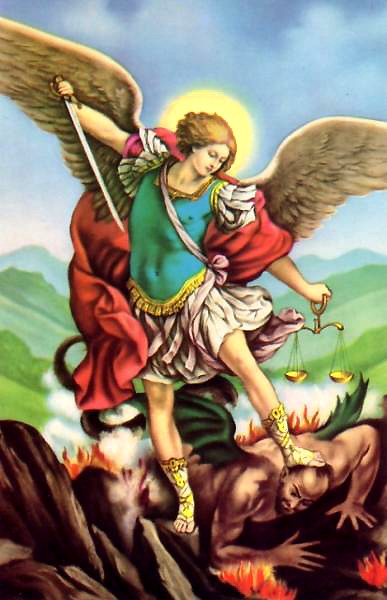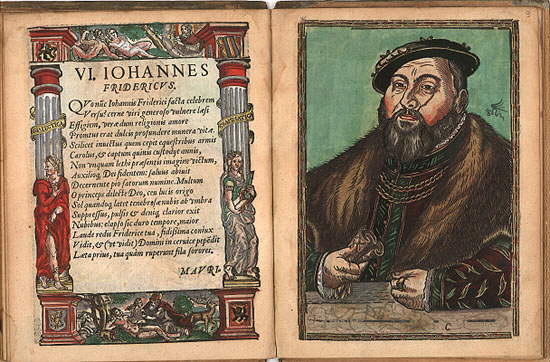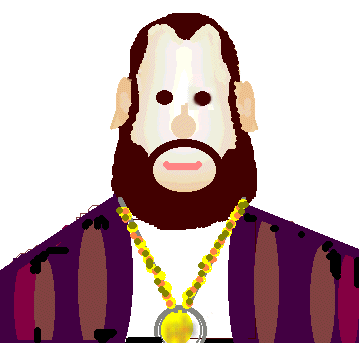Week Three
Kleist lecture Three
REMEMBER THE FORUM FRIDAY AT
11:00 RIGHT HERE
KLEIST: Letter to his sister
Ulrike, November 1800
‘[W]hy do you always strive for the truth?’ Lots of people ask me this,
but what should I answer? The only answer there is is
this: Because it is the truth! But who understands that?
Mediation: [dispute
resolution]
----but here: coming between;
making less direct
vs. im-mediate (relations;
contact; access; knowledge)
--just as green glasses
“mediate” our perception of objects, so do intermediaries intervene in the
direct and exact administration

http://members.home.nl/j.backer/steps/glasses/forest_jacb.jpg
Mini-thesis/Assertion: This tale is haunted by a desire
for immediacy in a society that runs on mediation.
Bureaucracy and fragmented
authority as a species of violence:
Consequences for direct action?For Doing?
What
does the Junker do?
What
does Kohlhaas do?
Bureaucracy= Government by
many bureaus, administrators, and petty officials
(Random House online
dictionary)
Sovereigns:
Wenzel von Tronka—local sovereign
Elector of
“state
privilege” was conferred on Tronka by his sovereign,
the Elector of Saxony.
Is there a bureaucratic
truth?
----------------------------------------------------------------
Luther counter-argues Kohlhaas’s incendiary rhetoric:
MK: pillages, burns, plunders, kills and posts writs. 148
“an emissary of the Archangel Michael [an intermediary] who
has come to punish with fire and sword all those who shall stand on the
Junker’s side in this quarrel and to chastise in them the deceitfulness that
now engulfs the whole world”

http://www.luckymojo.com/archangel-michael.jpg
Read 149 and 150 Luther’s letter
Elector
is innocent before God [in the letter] but on 153 Luther allows that the
Elector may have to answer to God for appoint poor servants.
An obvious thesis: this tale, written during the
first years of
How would you argue this??
Role of Public Opinion as a
replacement for inaccessible Truth
The Public resists Kunz 166ff.
The Fairy Tale
Elector of
The locket
“You can send me to the
scaffold, but I can make you suffer and I mean to do so” (195)
The final act of vengeance:
213
“for
the sequel we refer our readers to history”
Johann Friedrich I, (Wettin dynasty), Moritz, and Charles V

http://www.loc.gov/exhibits/dres/dre035.jpg

http://www.uni-jena.de/img/unijena_/einrichtungen/aaa/grafik/hannytalk.gif
1547
Summary of the first three
weeks:
I. The historical moment and
its effect on Doing
Sophocles: 5th
Century B.C.E. looking
at the remote, legendary past
Brecht: 1945 and post-WWII devastation;adapts (zombies)
Sophocles’ Antigone to the theme of bad leaders in
the wake of Hitler
Kleist: in 1808-1810, he writes of early modernity
(1530s/1540s) in the wake of the Peasants’ War (1525) and depicts this
revolutionary period in terms of his present and the aftermath of the French
Revolution
Kafka: BTL: In a novel (The Trial) set in the 20th
Century (Kafka’s present), he introduces undated
scripture to give a timeless impression of the remoteness and inscrutability of
the law.
II. What gets Done:
SOPHOCLES’ Antigone acts
directly and w/o intermediaries
[mediation is suspicious—see Creon’s accusations that Hamon
and Tiresias are speaking for another]
BRECHT foregrounds the bloody deeds of bad leaders.
His Kreon is directly responsible for the deaths of
all soldiers in the war, even though some were killed by others.
KLEIST complicates both “doing” and agency by
introducing multiple perspectives (all the narrator’s
sources and accounts given by Kohlhaas, the Elector
of
KAFKA, who read Kleist’s Kohlhaas,
also places numerous intermediaries (doorkeepers) between his protagonist and
The Law.
Can YOU see similarities between what the doorkeeper
DOES at the end of BTL and what Kohlhaas DOES the
moment before he is executed?